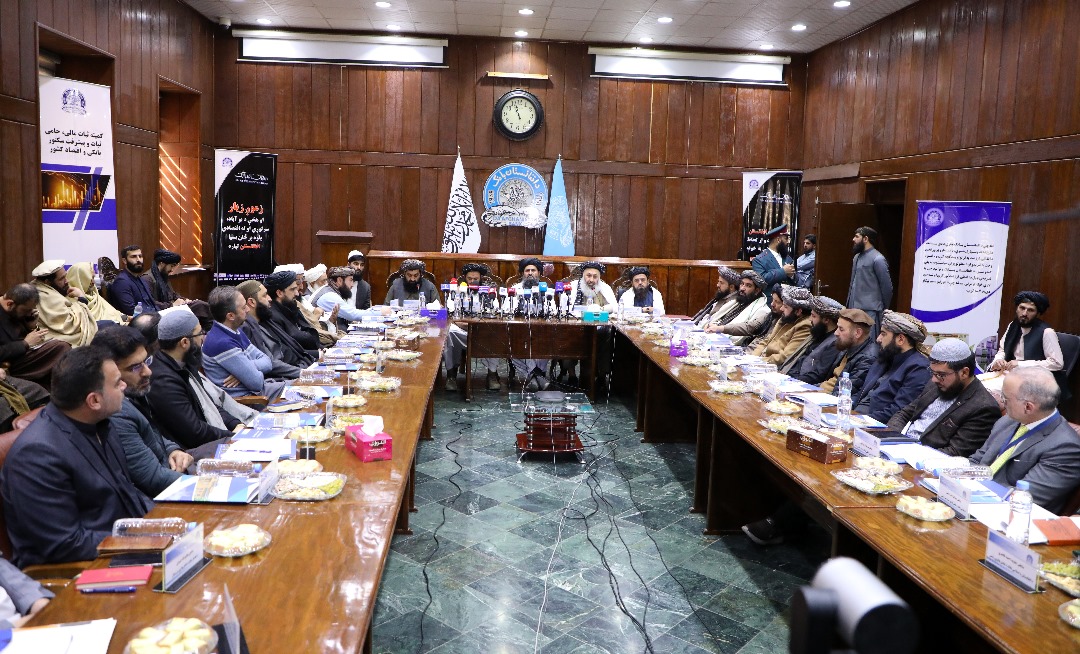KABUL, Afghanistan — Abdul Ghani Baradar, the Taliban’s deputy chief minister for economic affairs, acknowledged for the first time the liquidity challenges facing a few banks. He called for “collective action” from bank shareholders and the Financial Stability Committee, as stated in a release from his office.
In a meeting hosted by Taliban-run Central Bank, or Da Afghanistan Bank, to address the sector’s issues, Baradar pointed out that one or two banks are particularly struggling with liquidity problems. He did not name the banks.
Baradar urged bank stakeholders to return to Afghanistan and adopt responsible management practices to bolster the sector, assuring to address their legal concerns.
Citizens have often raised concerns about restrictions on withdrawing money from their accounts.
Mohammad Nasir, the Taliban’s acting Finance Minister, promised cooperation with overseas bank stakeholders.
“We ask stakeholders to enhance their banks, which could, in turn, grow the Afghan economy and ensure stability,” he said.
Taliban’s Central Bank governor, Hedayatullah Badri, claimed the banking crisis had been overcome.
“This meeting reviews the banking sector’s problems. The sector was critically unstable, and public trust in banks had declined,” said Badri.
The Taliban-run central bank’s supreme council met on Saturday to discuss anti-money laundering measures, counter-terrorism efforts, and currency auctions.
Following the Taliban’s takeover of Afghanistan, at least $9.4 billion of the central bank’s assets were frozen in U.S. and European banks. The Afghan Trust Fund, established under Swiss law in September 2022, secures about $3.5 billion for the Afghan people.
The U.S. has stated that the Trust Fund’s assets won’t be transferred to the central bank unless the Taliban effectively addresses money laundering and counter-terrorism issues.



